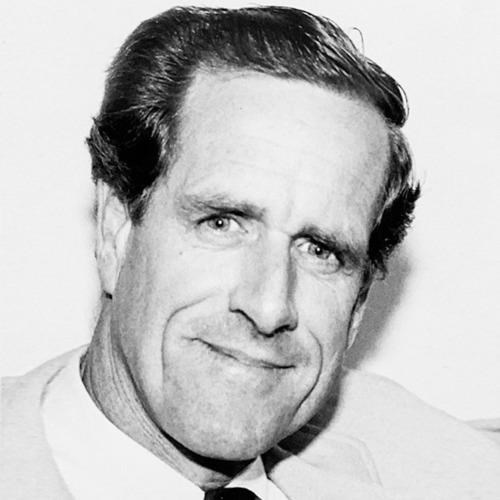Russell “Russ” Edgerton, a foundational contributor to the philosophy that comprises modern undergraduate student engagement and success, passed away Wednesday, Sept. 21, 2022, at the age of 84. He was, as the Director of Education for the Pew Charitable Trusts in 1997, the mind behind the original idea for the National Survey of Student Engagement (NSSE).
Edgerton made several project-defining decisions with his idea for NSSE through the guidance of and collaboration with colleagues like Alexander Astin, such as housing the project within Indiana University’s Center for Postsecondary Research, exacting a mission to advance educational quality separate from collegiate rankings, and, as he explained in his foreword for the 2009 NSSE Annual Results, handing the idea to Peter Ewell as the survey’s “designer” and NSSE founding director George Kuh as the survey’s “builder” and taking on the role himself as the survey’s “investor.”
“The NSSE experiment would never have gotten off the ground without the generous support of The Pew Charitable Trusts, which underwrote the project’s development,” former NSSE director Alex McCormick said in his Director’s Message for the 2019 NSSE Annual Results. “That support reflected the vision and creative energy of Russ Edgerton, whose leadership of Pew’s higher education program produced an impressive array of interventions to promote and support student learning in higher education.”
Through the creation of NSSE, which began as a grant project, Edgerton enacted a vision rooted in the belief that what students learn is affected by how thy learn and, at the turn of the millennium, argued for “new pedagogies of engagement” to help students acquire the abilities and skills needed in the 21st Century. After a pilot survey in 1999, NSSE launched in 2000.
“What does Russ Edgerton mean to the National Survey of Student Engagement?” George Kuh asked. “It’s both simple and profound. Without Russ, there would be no NSSE.”
His role in the creation and development of NSSE was emblematic of his reputation within higher education, known for multiple decades as a leading expert in undergraduate educational innovation and calling attention to the principles, values, and goals of educational institutions, notably through his 20-year tenure as president of the American Association for Higher Education.
The creation of NSSE was simply one of Edgerton’s numerous initiatives and accomplishments, as he also served as a principal architect for the Fund for the Improvement of Postsecondary Education and acted as its deputy director from 1972-1977. In addition, his leadership led to the establishment of reforms, movements, and organizations like national non-profits Campus Compact and The Education Trust, the Southern Association of Colleges and Schools Quality Enhancement Process, the Service-Learning Movement, the Higher Learning Commission’s Academic Quality Improvement Process, and the John H. Gardner Institute for Excellence in Undergraduate Education.
Through NSSE and his decades of efforts, Edgerton leaves an historic mark on undergraduate education nationwide, and, on NSSE, a relenting vision for the future. NSSE pays tribute to Russ Edgerton and the unmistakable direction he provided for the project and, in turn, for the institutions that participate.


